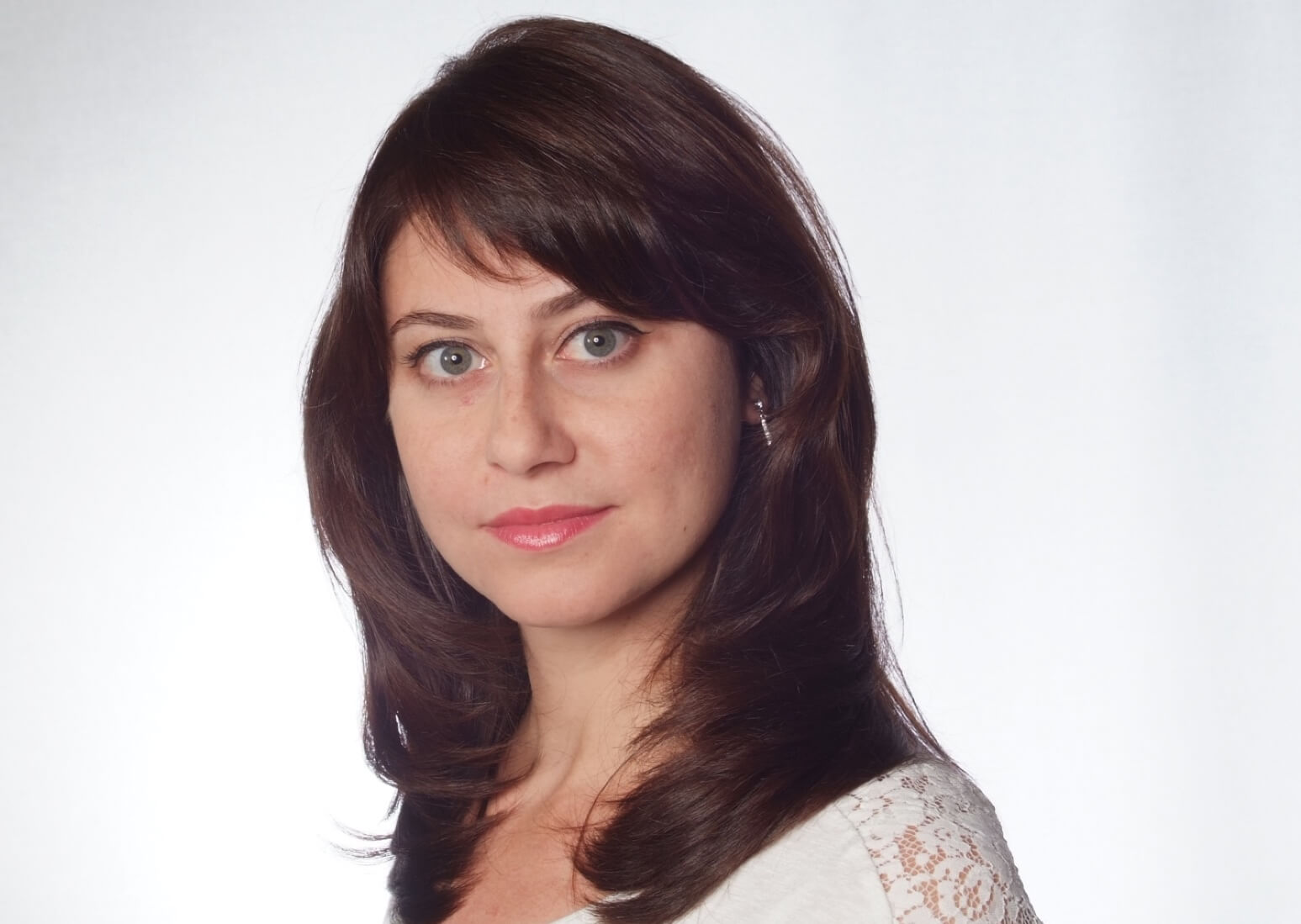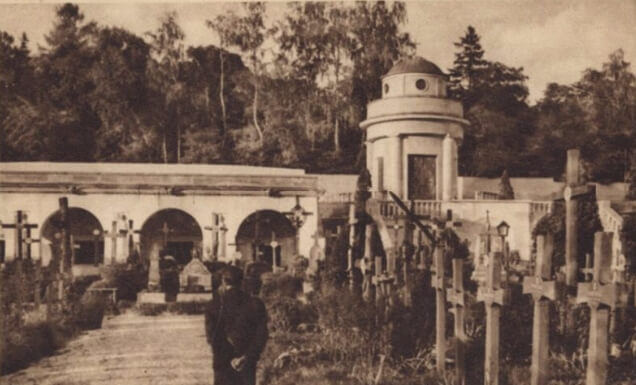Jagoda Wierzejska is a literary historian and literary critic. She works as an adjunct professor of 20-21st Century Literature in the Department of Polish Studies at the Warsaw University. She defended her PhD thesis in 2011 and is the author of the book "Rhetorical autobiographical interpretation. Using the writings of Andrzej Bobkovskoho, Zygmunt Haupta and Leo Lipski as examples" (2012). Her dissertation, which was the basis for this publication, was awarded with the Emigration Archives Award at the N. Copernicus University in Torun for being the best thesis on emigration. She is a member of the publication "Przeglądu Humanistycznego" (Humanitarian Overview) and a regular contributor to the magazine "Nowe Książki" (New Book). In 2014-2015 she conducted the project "Galician Polyphony: Places and Voices," which resulted in an eponymous publication (2015).
Jagoda Wierzejska's research topic is part of her doctoral thesis on ways of conceptualizing ideas of Galicia in the Polish discourse during the interwar period. Before the intensive development of national movements, the concept of Galicia functioned as a transcendent political concept, which opened the possibility of supranational convergence within the Habsburg Empire. After the elimination of Galicia as a territorial unit in the Habsburg Empire and its inclusion as part of the Second Polish Republic this idea was adapted to accommodate the Polish discourse of 1918-1939: sometimes as an extension, but more often as a deconstruction theory. The Polish discourse on the Polish-Ukrainian war of 1918-1919 at that time, and especially regarding the battle for Lviv is an example of the how the concept of Galicia was used as a deconstruction theory. It bore all the signs of symbolic violence, because the vision of a completely Polish Lviv was Introduced in such a way, though often indirectly, as to encourage victimizing and disenfranchising Galician Jews, Germans, and especially Ukrainian. Thus, the discourse of these groups was excluded from the official memory of the city and caused a deeper fragmentation of the urban space according to ethnic-religious divisions and also lead to reprisals from non-Polish residents.

